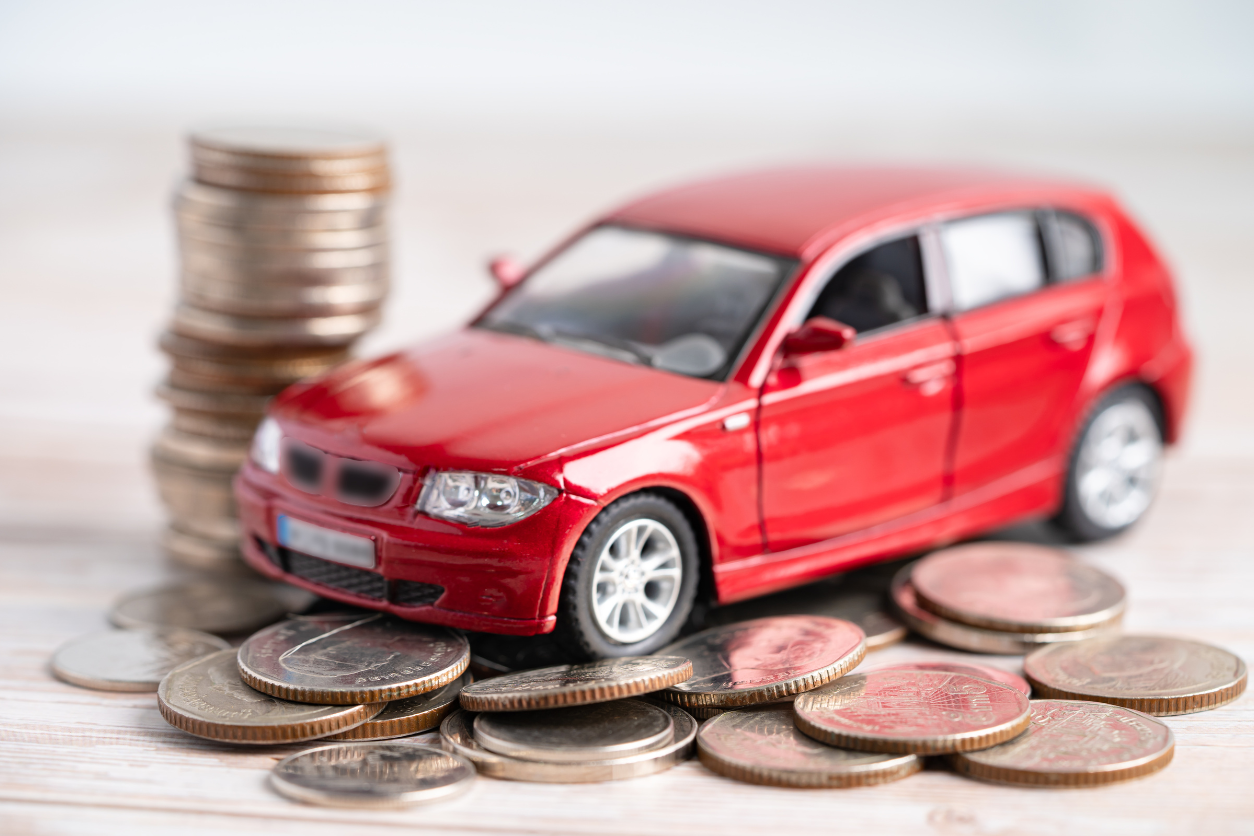Can You Buy a Car if You Have Bad Credit?

Yes, you can absolutely buy a car if you have bad credit! While it might be more challenging and you might have to jump through a few extra hoops, it’s entirely possible to secure an auto loan and get behind the wheel. Here’s what you need to know.
1. Understand Your Credit Score
Before you start shopping for a car, it’s crucial to know where you stand with your credit. Credit scores range from 300 to 850, with anything below 580 generally considered “bad credit” or “subprime.” If your score falls into this category, you’ll likely face higher interest rates and may need to explore more specialized financing options. You can check your credit score for free once a year at AnnualCreditReport.com.
2. Prepare for Higher Interest Rates
Unfortunately, having bad credit usually means you’ll have to pay a higher interest rate on your auto loan. For example, interest rates for borrowers with bad credit can range from 10% to as high as 21% depending on your exact credit score and the lender. This can significantly increase your monthly payments and the total cost of the car. So, it’s important to set a budget that takes these higher costs into account.
3. Shop Around for the Best Loan
Even with bad credit, you have options. It’s a good idea to shop around and get quotes from multiple lenders before heading to the dealership. Credit unions are a great place to start since they often offer lower interest rates and more favorable terms for their members. Online lenders that specialize in bad credit car loans can also be a good option. By getting preapproved for a loan, you’ll have a better idea of what you can afford and will have more negotiating power when you visit the dealership.
4. Consider a Co-Signer
If your credit score is particularly low, you might want to consider asking a friend or family member with good credit to co-sign your loan. This can help you qualify for a lower interest rate or even get approved for a loan in the first place. However, keep in mind that your co-signer is taking on the same financial risk as you. If you miss payments, their credit will be impacted too.
5. Make a Larger Down Payment
A larger down payment can help offset some of the challenges of buying a car with bad credit. By putting down more money upfront, you reduce the amount you need to borrow, which can lower your monthly payments and make you a more attractive borrower to lenders. Aim for at least 20% of the car’s purchase price.
6. Avoid ‘Buy Here, Pay Here’ Dealerships
While “Buy Here, Pay Here” dealerships may seem tempting, especially if you’re struggling to get a loan elsewhere, they should generally be a last resort. These dealerships often charge very high interest rates and include hidden fees in their contracts. If you go this route, make sure you read all the fine print and fully understand the terms of the loan before signing.
7. Work on Improving Your Credit
If possible, consider delaying your car purchase for a few months while you work on improving your credit score. Even a small improvement can lead to better loan terms and save you a lot of money in the long run. Paying down existing debts, making all payments on time, and keeping credit card balances low are all effective ways to boost your credit score.
Wrapping Up
Buying a car with bad credit is definitely doable, but it requires careful planning and a realistic approach to your budget. By understanding your options, shopping around for the best loan, and considering a co-signer or larger down payment, you can secure a deal that works for you. Remember, improving your credit score over time will help you get better financing options in the future, so consider making that a priority as well.